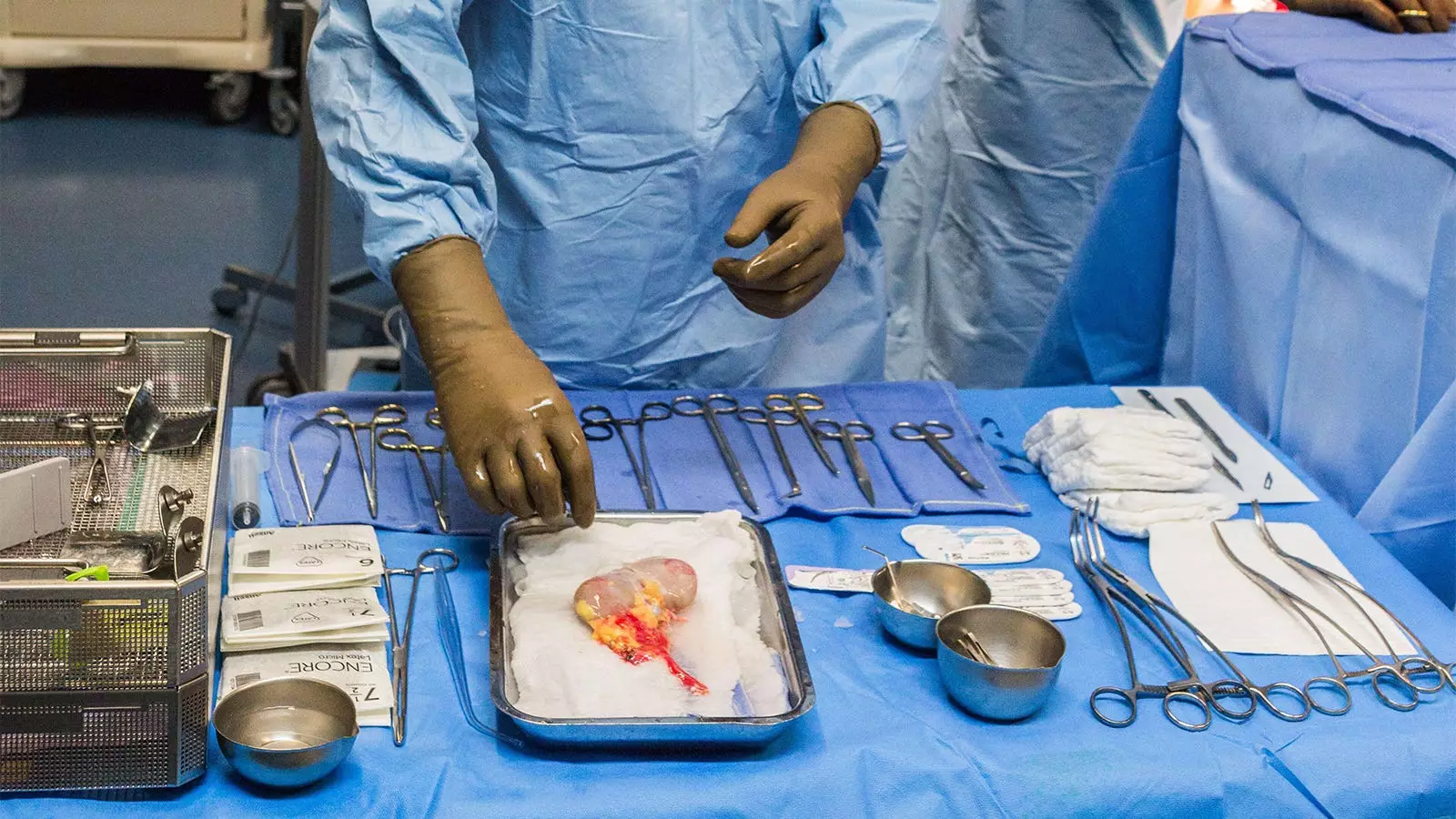The landscape of organ transplantation has undergone significant transformations, particularly with the recent findings pertaining to kidney transplants from HIV-positive donors to recipients with HIV. This development is pivotal not just for those living with HIV, but also for the broader medical community, which must reevaluate long-held stigmas and misconceptions about HIV/AIDS. Christine Durand, MD, along with her team from Johns Hopkins Medicine, has provided compelling evidence indicating that kidney transplants from HIV-positive donors are as safe for HIV-positive recipients as those from HIV-negative donors.
Historically, the transplantation of organs from donors with HIV has been heavily stigmatized, leading to legislative barriers that impeded progress in this area. Until the HIV Organ Policy Equity (HOPE) Act was enacted in 2013, there was a sweeping federal prohibition against such practices. This legislative shift has opened doors for research and potential clinical applications, but the apprehension surrounding HIV, rooted in societal fears and misconceptions, still lingers. Dr. Durand’s study, encompassing a cohort of 198 HIV-positive patients receiving kidneys from deceased donors with HIV, challenges these prevailing anxieties. Over a median follow-up period of 2.2 years, the rate of safety events—encompassing death, graft loss, serious adverse events, and infections—was statistically equivalent between the two groups, indicating that people living with HIV can indeed safely receive organs from similar donors.
The study offers a robust definition of safety events that includes a spectrum of serious health outcomes, highlighting the rigorous standards applied in evaluating the outcomes for transplant recipients. By establishing a composite measure of safety events, Durand and her colleagues have illuminated the complexities of organ transplantation in the context of HIV. Their findings reveal that there were no significant differences in overall survival or incidences of graft loss between those receiving transplants from HIV-positive versus HIV-negative donors. Notably, while there was a higher rate of HIV breakthrough infections among recipients of kidneys from HIV donors, this was primarily attributable to nonadherence to antiretroviral therapy, underscoring the necessity of comprehensive post-transplant care and education for this vulnerable patient population.
As modern medicine evolves, there is a critical need to translate research findings into actionable policy. Currently, the Biden administration is considering reforms that would remove the regulatory burden for procedures involving transplants from HIV-positive donors. Should these regulations be relaxed, it would vastly improve accessibility to safe transplantation for HIV-positive patients across the United States. Dr. Durand argues that such changes could significantly ameliorate health disparities faced by individuals living with HIV, particularly those who are on dialysis and confront greater mortality risks.
The potential ripple effects of these regulatory changes extend beyond just HIV-positive patients. An increase in organ availability from HIV-positive donors could alleviate pressure on the broader kidney transplant waiting list, enhancing overall chances of successful transplant for all patients in need.
The observational study led by Durand spanned 26 transplantation centers across the U.S., focusing exclusively on adult patients with HIV, thereby capturing a nuanced view of the demographic landscape within this field. Interestingly, donors with HIV tended to be more frequently Black and often presented with additional health conditions, thereby illuminating ongoing issues of health inequity within organ donation. These findings raise awareness about the systemic disparities that influence both donor and recipient populations, which researchers and policymakers must urgently address.
It is also crucial to note the limitations inherent in observational studies, which, while they provide valuable insights, do not establish causality. Nevertheless, thorough eligibility criteria ensured that participants across both groups were comparable, thus strengthening the study’s credibility.
As we reflect on the outcomes of this landmark study, it becomes evident that the medical community must embrace a transformative perspective regarding HIV and organ transplantation. The data presented not only reinforces the viability of kidney transplants from HIV-positive donors but also serves as a call to dismantle the biases that have historically governed clinical practice. Going forward, continued efforts in education, advocacy, and policy reform will be essential to maximize the potential benefits of these findings, ultimately leading to improved health outcomes and greater equity for patients living with HIV.
The time has come for a paradigm shift in how we perceive and administer healthcare for HIV-positive individuals, paving the way for more inclusive and equitable practices in organ transplantation and beyond.


Leave a Reply